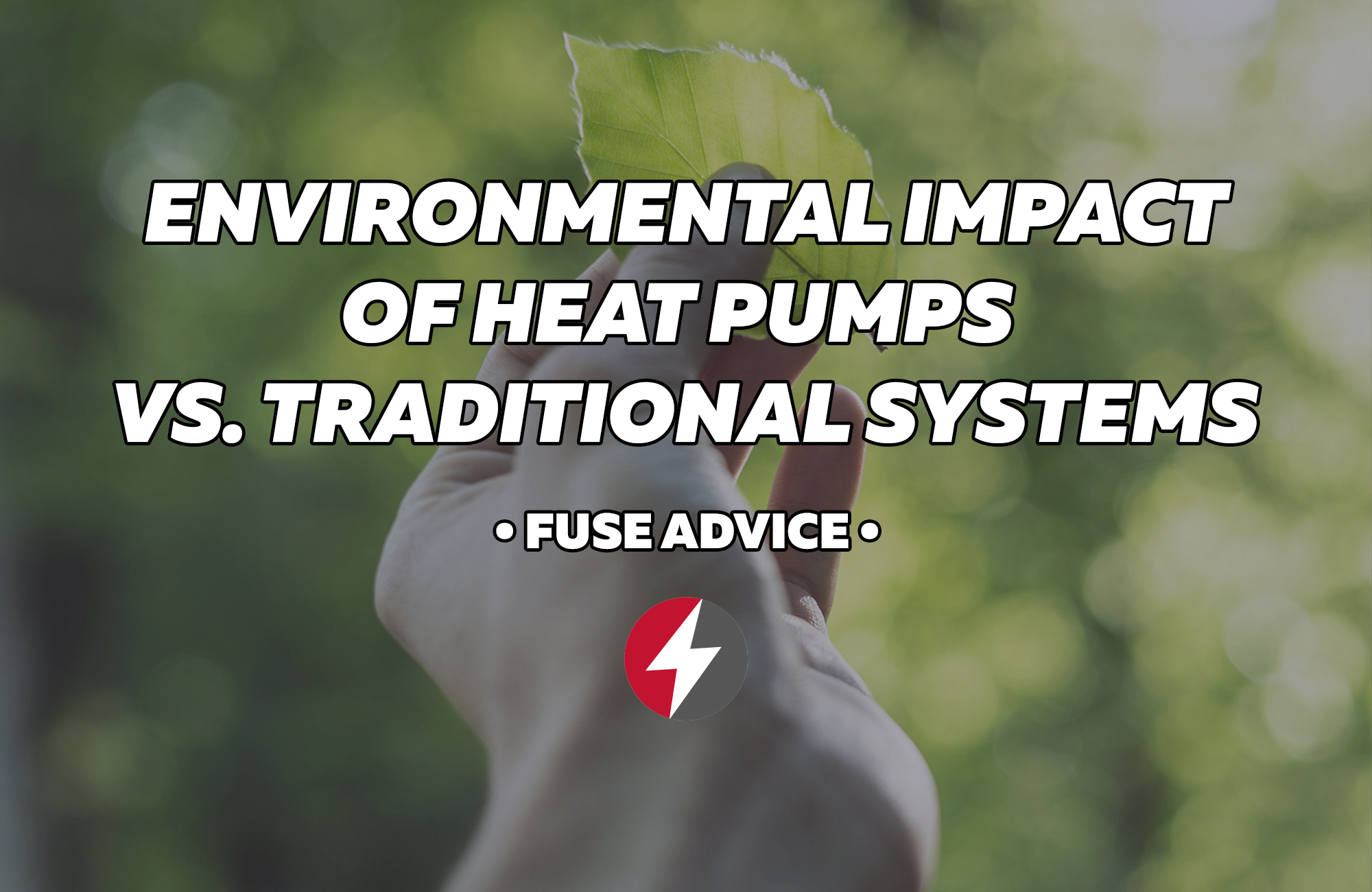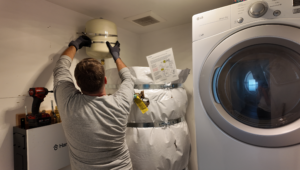In the quest for sustainability, every choice we make—be it small or significant—holds the power to shape our planet’s future. The sustainability will depend on small choices that we make every day, where our homes will be among the most important, such as choosing heating systems and effects that the choices impose on our environmental influence. Traditional heating systems in the home—from furnaces to boilers—have long offered warmth with the combustion of fossil fuels, an effective yet simultaneously problematic process for both energy efficiency and the environment.
Enter heat pumps—a beacon of eco-friendly heating solutions. This holds a very promising future in that the systems utilize the ambient energy from the air, ground, or water sources in carrying out the heating in our houses. The heat pump does not combust fuel for the generation of heat, like some conventional heating systems, and hence moves miles in the reduction of greenhouse gas emissions.
This brings us into the subject of the heat pump versus traditional heating systems in a way that will explore, in more detail, their mechanics, efficiency, environmental issues, and economic considerations.
Understanding Heat Pumps and Traditional Heating Systems
Heat Pumps
Making the heat pump different is an interesting fact: they transfer heat and are not generators. This can take different forms: air-source, ground-source, and water-source heat pumps that are provided for different mechanisms suitable for varied surroundings. What makes it so special for these systems to be able to extract heat from a deceivingly cold environment—such as from the air or the ground—and transfer it inside? The most effective and flexible process, however, presents solutions with heating and cooling purposes.
Traditional Heating Systems
The conventional heating systems, on the other hand, will have either a furnace or a boiler that will combust such fuels as natural gas, oil, or propane. Conventional heating systems have served as the staple of residential heating, used for many decades, as they feature a great reputation with respect to reliability and heat output.
However, the efficiency of different kinds can vary greatly, influenced by type of fuel and system design.
Operational Mechanics and Efficiency
Heat Pumps
The high level of efficiency achieved by heat pumps comes through the working mechanics. Through moving heat, as opposed to fuel combustion, heat pumps have proved efficient in gaining high efficiency levels. Such efficiency is measured in the Coefficient of Performance (COP), which could reach much higher levels than the efficiency of traditional systems.
Traditional Heating Systems
Traditional heating systems, on the other hand, do have an Annual Fuel Utilization Efficiency (AFUE). Despite advances having been made in such systems, they in themselves can inherently face a problem relating to efficiency, seeing as energy is lost in the combustion process.
Environmental Impact Analysis
Energy Sources and Emissions
On the other hand, the source of energy impacts the footprint left by the heating systems. In this case, the major part of the heat pump systems tends to be electric, hence with impacts related to the source of that electricity. When powered with renewable energy, they are very significantly less than conventional systems that consume fossil fuel.
Long-term Environmental Effects
The wider environmental implications include global warming potential and the contribution to air and water pollution. Concern also relates to the refrigerants for heat pumps with respect to their global warming potential, thereby indicating the need to select systems with refrigerants that will be environmental-friendly. Renewable Energy and Heat Pumps this is an amazing synergy: a heat pump in symbiosis with renewable sources, which gives such a possibility to reduce the carbon footprint from residential heating by half.
Cost Considerations and Incentives
On the economic perspective of the whole issue, it delves into the installation costs, and it also looks into the operational expenses required in the long run. The relatively high installation cost notwithstanding, its ability to save costs in the operational stage is so high. Further, the government offers several other incentives and support programs designed to cushion the upfront heavy installation costs, hence promoting investment in sustainable heating solutions.
Conclusion
The difference between a heat pump and a traditional set sets a new trajectory on matters to do with the environment and effectiveness in the consumption of energy. Moving into the future, this kind of heating system to be used will instrumentally help in determining the effect of our activities on the environment. Shift to heat pumps will be a wise decision for a homeowner, especially when used in combination with a renewable energy source. Adoption of this technology surely helps us in a big way towards a sustainable world, stating clearly which needs are to be environmentally responsible.






